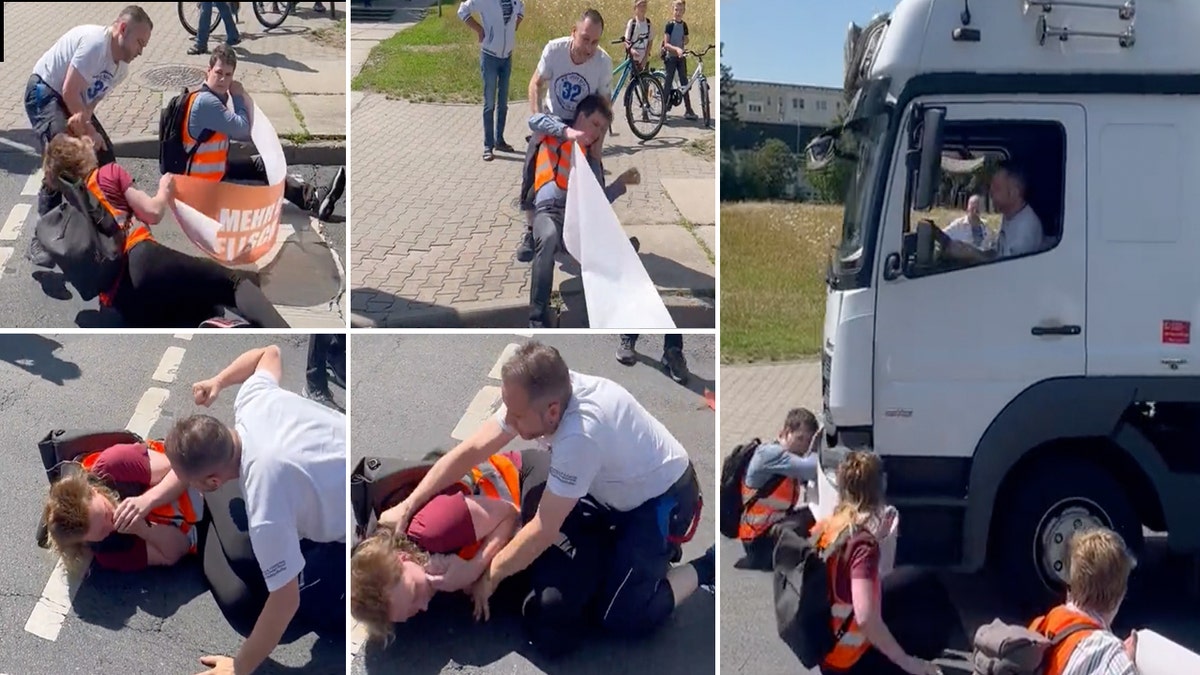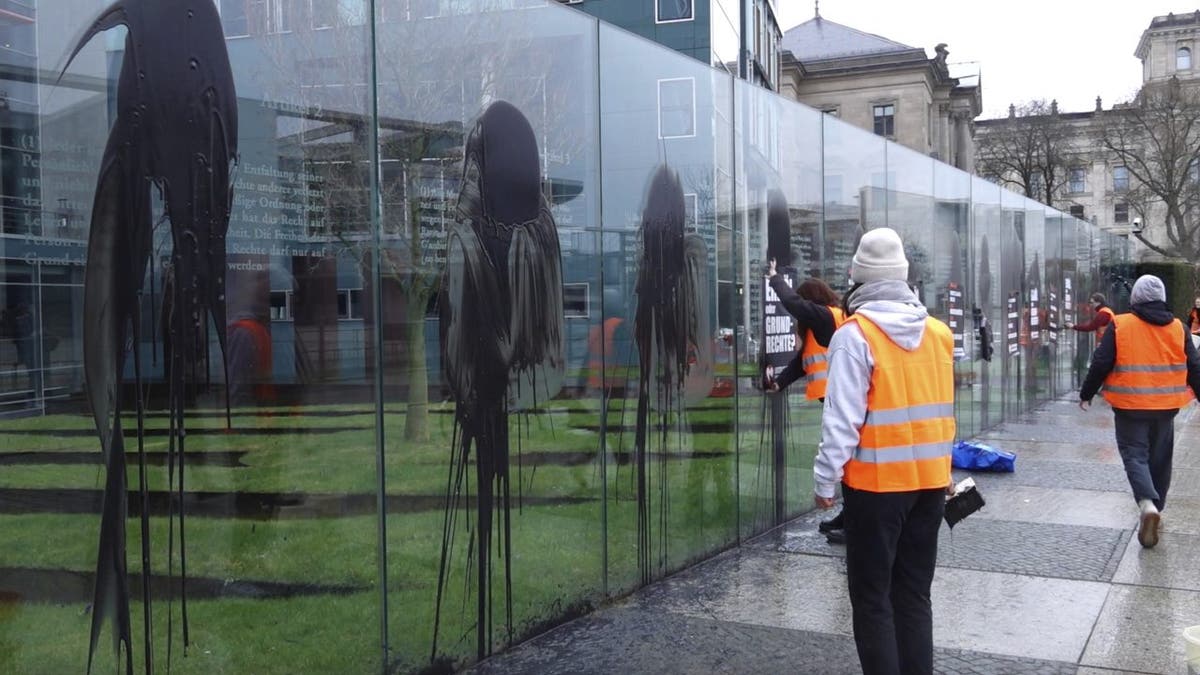Fox News Flash top headlines for August 10
Fox News Flash top headlines are here. Check out what's clicking on Foxnews.com.
European countries are beginning a crackdown on "direct action" climate change protesters who have made headlines for defacing art and blocking traffic in recent months.
Germany, France, Great Britain and other European countries are focusing heavily on two groups, the "Extinction Rebellion" and "The Last Generation." Together, members of the groups have been responsible for dozens of protests, blocking traffic, gluing themselves to buildings and defacing art with paint.
Law enforcement in France and Germany have resorted to using wiretaps and GPS to track down members of these groups before they carry out their demonstrations. Simon Lachner, a 28-year-old member of The Last Generation, was arrested in his home after announcing plans to glue himself to a major road in a German city.
"Climate protesters can perhaps be locked away, but the climate catastrophe will come anyway," Lachner told Reuters. He was convicted in court and fined 2,700 euros, but he has appealed the ruling.
FRANCE SHUTS DOWN CLIMATE ACTIVIST GROUIP OVER VIOLENT PROTESTS

A German trucker lashes out at climate protesters from "The Last Generation" for blocking the roadway. (Fox News Digital)
Meanwhile, Britain passed new legislation in May making it illegal to glue or lock yourself to public or private property.
Roadblocks are particularly common in Berlin, where police say they have spent more than 480,000 hours responding to 4,519 alleged criminal incidents committed by climate activists.
FRENCH POLICE CLASH WITH VIOLENT PROTESTERS DURING MASS MAY DAY DEMONSTRATIONS
One viral incident took place last month when a German trucker forcibly dragged protesters out of the way of his truck. At one point, the trucker moved his vehicle slowly forward to push a protester backward.
The trucker from the July 12 incident is being investigated by the Stralsund prosecutor's office and had to hand over his driver's license until it is completed, according Norddeutscher Rundfunk.

Law enforcement in France and Germany have resorted to using wiretaps an GPS to track down members of these groups before they carry out their demonstrations. (Sven Kaeuler/dpa via AP)
CLICK HERE TO GET THE FOX NEWS APP
France has gone so far as to ban one of its homegrown versions of the climate groups, Les Soulevements de La Terre (SLT). The group's members have found themselves subjected to aggressive surveillance, including GPS trackers attached to their cars.
Reuters contributed to this report.








































